Ursula K. Le Guin was a profoundly influential figure, and truly a literary icon. To this day, I credit my discovery of The Dispossessed as a teenager as foundational to my development as a person, as an activist, and as a reader with a deep love of speculative fiction. This experience has been shared by countless other readers who have explored her work over the decades. We salute Ursula’s memory on this day, and thank her for her incredible contributions to not just sci-fi and fantasy, but to poetry and non-fiction as well.
Here is a selection of her titles that left an enormous impact on the literary landscape.
1. A Wizard of Earthsea
Originally published in 1968, it is an early precursor of Harry Potter, and regarded as a classic of fantasy and children’s literature.
The story is s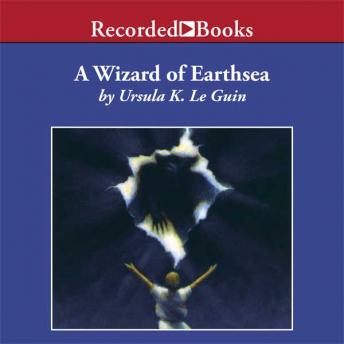 et in the fictional archipelago of Earthsea and centers around a young mage named Ged, born in a village on the island of Gont. He displays great power while still a boy and joins the school of wizardry, where his prickly nature drives him into conflict with one of his fellows. During a magical duel, Ged’s spell goes awry and releases a shadow creature that attacks him. The novel follows his journey as he seeks to be free of the creature.
et in the fictional archipelago of Earthsea and centers around a young mage named Ged, born in a village on the island of Gont. He displays great power while still a boy and joins the school of wizardry, where his prickly nature drives him into conflict with one of his fellows. During a magical duel, Ged’s spell goes awry and releases a shadow creature that attacks him. The novel follows his journey as he seeks to be free of the creature.
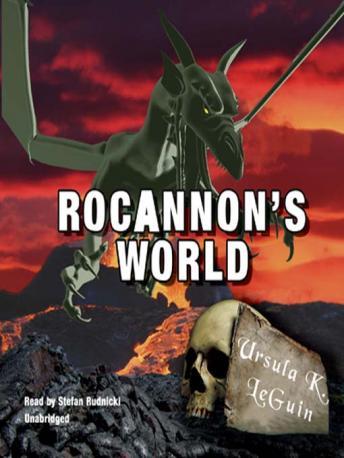 This was Le Guin’s first published novel, and employs a masterful blend of hard science fiction with heroic fantasy elements. This novel introduced readers to the world which would become to setting for many of her novels and stories.
This was Le Guin’s first published novel, and employs a masterful blend of hard science fiction with heroic fantasy elements. This novel introduced readers to the world which would become to setting for many of her novels and stories.
Earth-scientist Rocannon has been living on a world shared by three native humanoid races: cave dwellers, elves, and warriors. When the planet is suddenly invaded, Rocannon sees his friends murdered and his spaceship destroyed. Marooned, he leads the battle to free this new world, and legends grow around him.
3. Lavinia
In this winner of the 2008 Locus Award for Best Fantasy Novel, Le Guin lends a resonant voice to a pivotal yetoften overlooked character of Vergil’s The Aeneid.
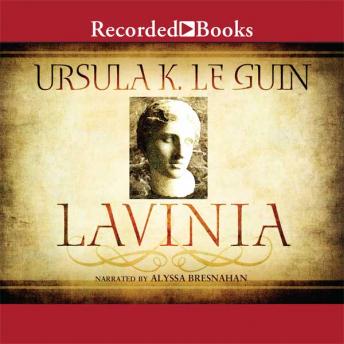
Born into peace and freedom, Lavinia is stunned to learn that she will be the cause of a great war-or so the prophecies and omens claim. Her fate is sealed, however, when she meets a man from Troy.
Le Guin has described Lavinia as a translation of the last six books of the epic poem into prose. Lavinia herself seems to have an awareness of her role in this translation, and frequently converses with “the poet” directly.
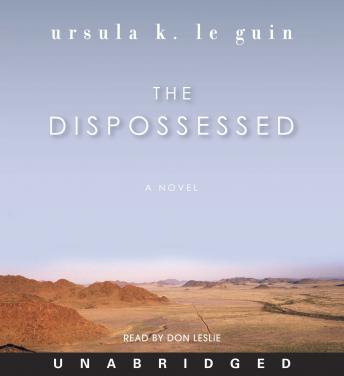 In response to its highly political nature, this novel received a huge amount of literary recognition. It won a Nebula, Hugo, and Locus award for Best Novel, and received a nomination for the John W. Campbell Memorial Award as well.
In response to its highly political nature, this novel received a huge amount of literary recognition. It won a Nebula, Hugo, and Locus award for Best Novel, and received a nomination for the John W. Campbell Memorial Award as well.
The dual narrative set on twin planets–one capitalist and patriarchal, the other anarcho-syndicalist–is an exploration of humanity, society, and revolution, in an extraordinary work that is more relevant now than ever.
Perhaps her most famous novel, this winner of the Hugo and Nebula Awards is a groundbreaking achievement of intellectual science fiction.
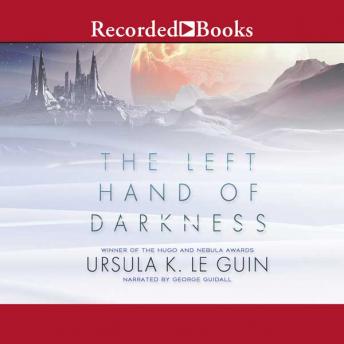
Embracing the aspects of psychology, society, and human emotion on an alien world, The Left Hand of Darkness tells the story of a lone human emissary to Winter, an alien world whose inhabitants can change their gender. His goal is to facilitate Winter’s inclusion in a growing intergalactic civilization. But to do so he must bridge the gulf between his own views and those of the completely dissimilar culture that he encounters.


